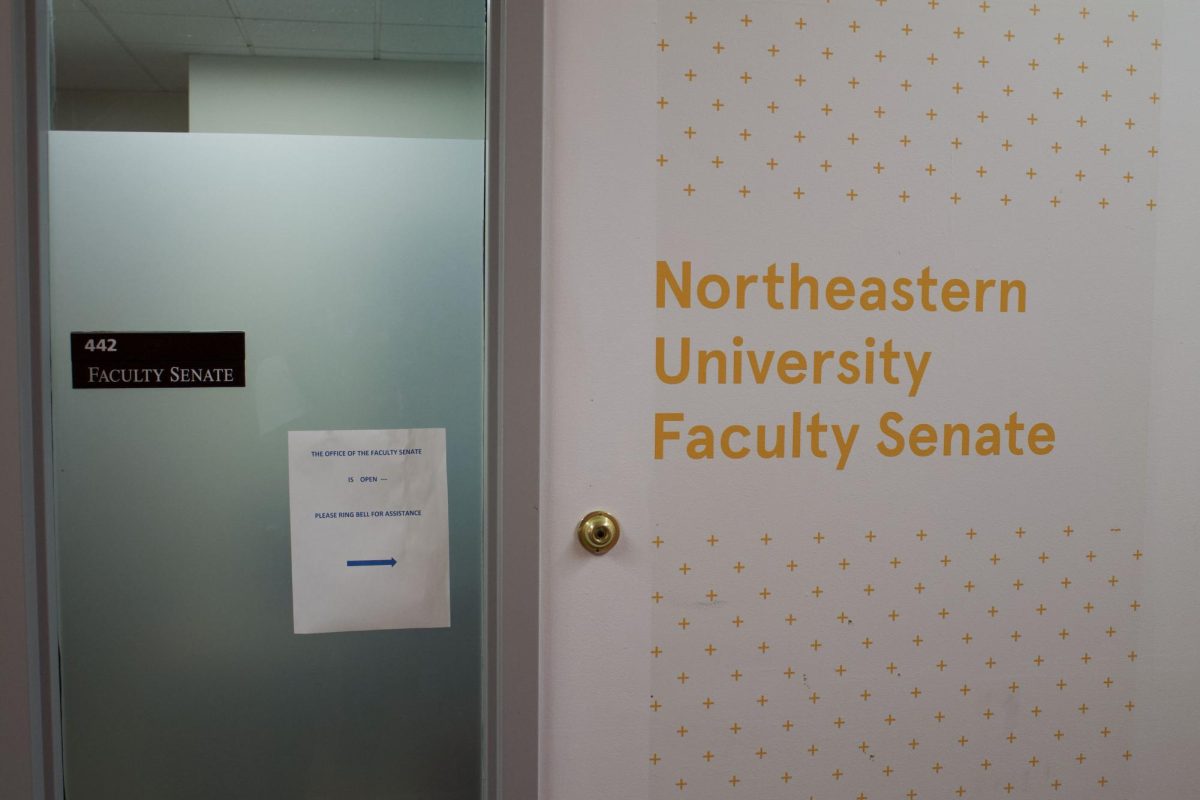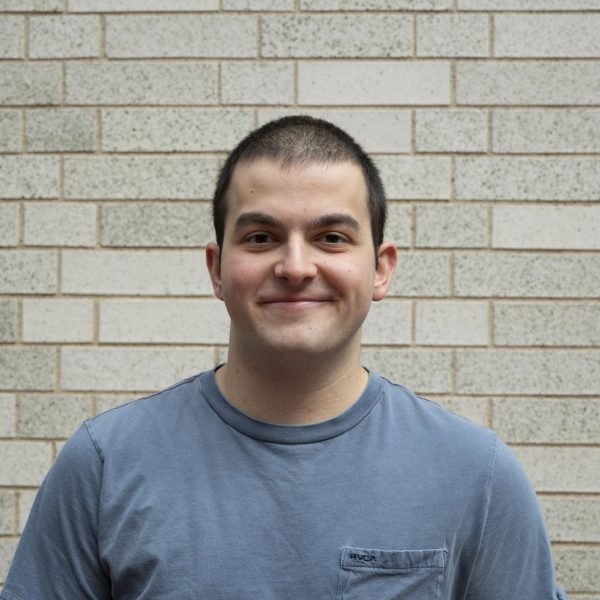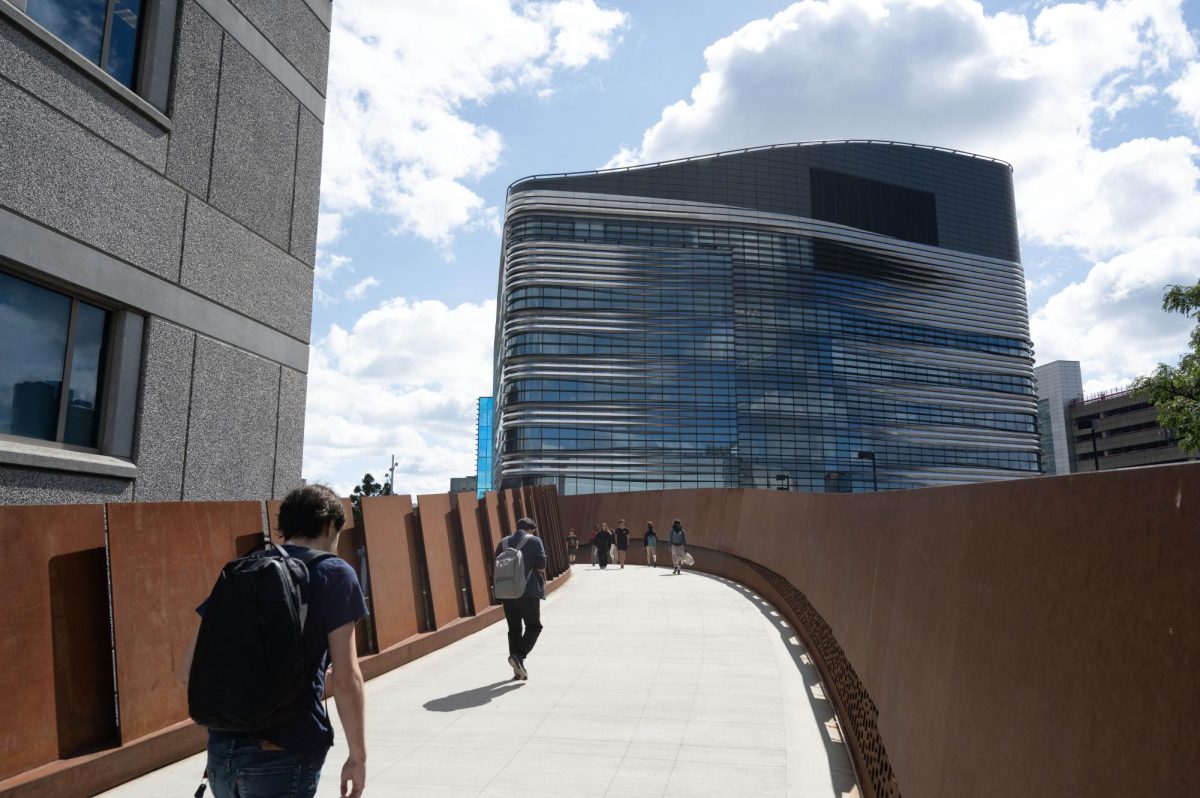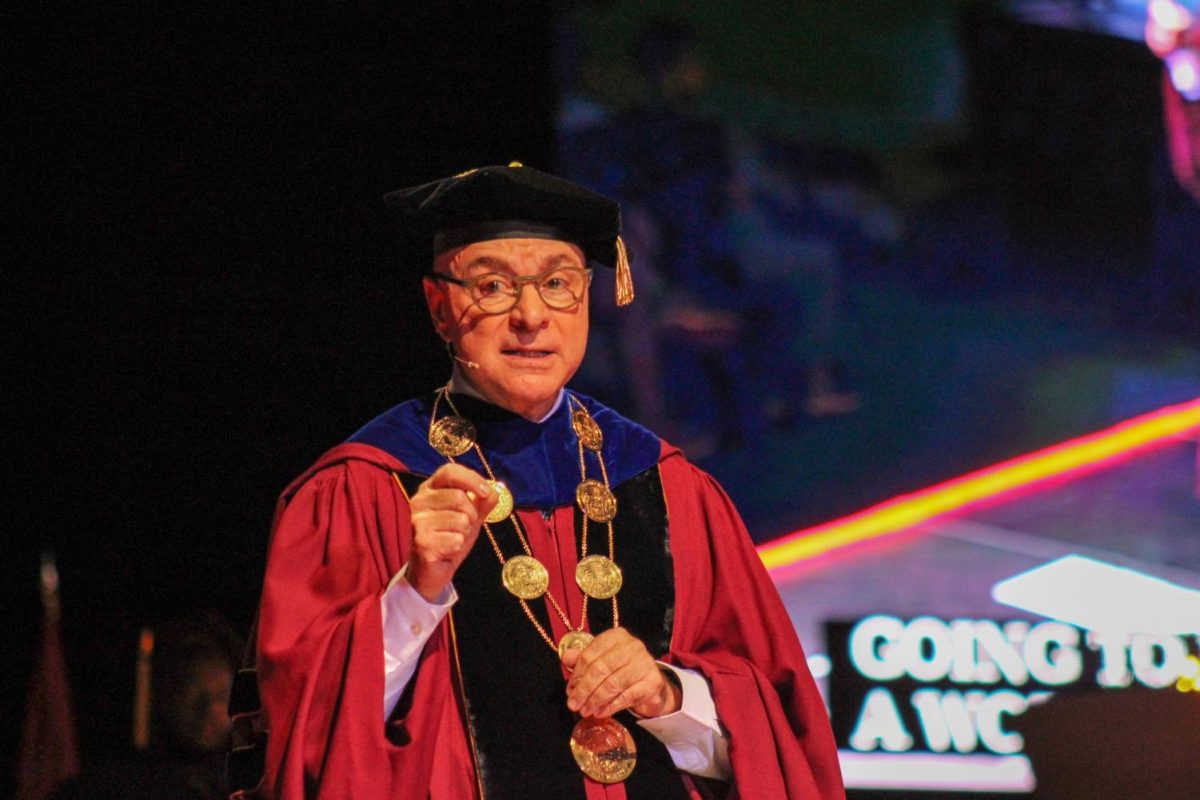Northeastern will look into cutting expenses for the sake of “financial hygiene” in the coming fiscal year, university administration said in a recent faculty senate meeting, sparking concerns from faculty about ongoing new-hire searches, selection of expense cuts and other long-term effects.
“For the coming year, FY [fiscal year] 2025, we are projecting very robust growth … but as we began to zero in on the precise details of the forecast for the coming year, it became clear we need to make some adjustments to expenses,” Provost and Senior Vice President for Academic Affairs David Madigan said in a speech to the faculty senate Feb. 28. “To achieve sustainable growth, … expense growth cannot exceed revenue growth.”
In late January, the faculty senate heard from Senior Vice President for Finance and Treasurer Thomas Nedell about Northeastern’s strong financial growth. Since 2006, the university’s operating revenue has more than tripled, with an average growth rate of 8.1% per year, Nedell said in a detailed presentation of the university’s financial state.
While the university continues to see record numbers of applications and expansion around the globe, Madigan warned that expense growth must be kept in check if the university wishes to maintain its strong financial position. The forecasted operating revenue growth rate for FY 2025 is currently 8.5%, he said, so expense growth has to be kept below that percentage. Madigan did not have current forecasted expense growth rates available during the Feb. 28 meeting.
Madigan assured faculty that investment will continue in student and faculty services and support systems, and that slowing expense growth does not equate to major budget reductions.
“It’s not one thing,” Madigan said when asked about the cause of the increase in forecasted expense growth for the coming fiscal year. “Faculty hiring is a significant piece of it … but we’re going to have to trim a little bit in many categories in order to ensure sustainable growth.”
Ted Landsmark, chair of the senate leadership committee and distinguished professor of public policy and urban affairs, asked about global expansion and its role in contributing to increasing expenses. Madigan again reassured that, while newer campuses may need more investment, older locations are generating significant revenue and the global campus network is a “strong positive contributor.”
“We’re forecasting revenue growth for this coming year that is slightly below last year. We hope to do better, but it’s still very robust growth and we’re just being conservative in terms of our forecast,” Madigan said. “It’s growth of a level that very few universities in the country [have], it’s the envy of other universities.”
Senators raised concerns about specific rates of reduction and how budgeting modifications may affect ongoing searches for new faculty — specifically whether these searches will have to be suspended in the near future.
“In the case of some of the colleges, there isn’t enough to basically hire all of the faculty we’re searching for at the moment,” Madigan said. “Some of the searches will have to be deferred or delayed.”
The board of trustees meets in late March, Madigan said, so while the budget for FY 2025 needs to be finalized approximately two weeks before that meeting, budgets concerning faculty hiring will be released to the colleges at the beginning of March to allow them to prioritize search committees accordingly.
Laney Strange, professor of computer science, asked what other areas might be affected by the “trimming” the university is looking to do. Madigan said nonessential travel and events, along with contractual arrangements and consulting services, may be more closely scrutinized.
Some faculty members presented concerns about the scope of the budget issue and its long-term effects.
“This has been presented as a minor hiccup, but somehow it doesn’t feel like that,” said Predrag Radivojac, a professor of computer science. “The rate of growth argument is kind of difficult to take because we don’t know the actual numbers.”
Valerio Toledano Laredo, professor of mathematics, had similar concerns about whether budget cuts would solve the problem.
“I’m hearing that … there is something serious at hand here, and so that next year there may not be a hiring freeze … but a hiring slow-down,” Laredo said. “Just trimming unessential travel is not going to address the issue.”
Richard West, a professor of chemical engineering, expressed concern about what cuts may become necessary immediately and why there was a sense of surprise from Madigan about the growing expense rate.
“We don’t get clear visibility into next year’s budget until into the new calendar year, and that’s what causes this disconnect. It’s very much on my mind to figure out … a way to do better in terms of the sequencing and the timing,” Madigan said. “In regards to the current year, yes, as part of this hygiene, we’re also looking at things that we can avoid expenditures on for the remainder of this financial year.”
















